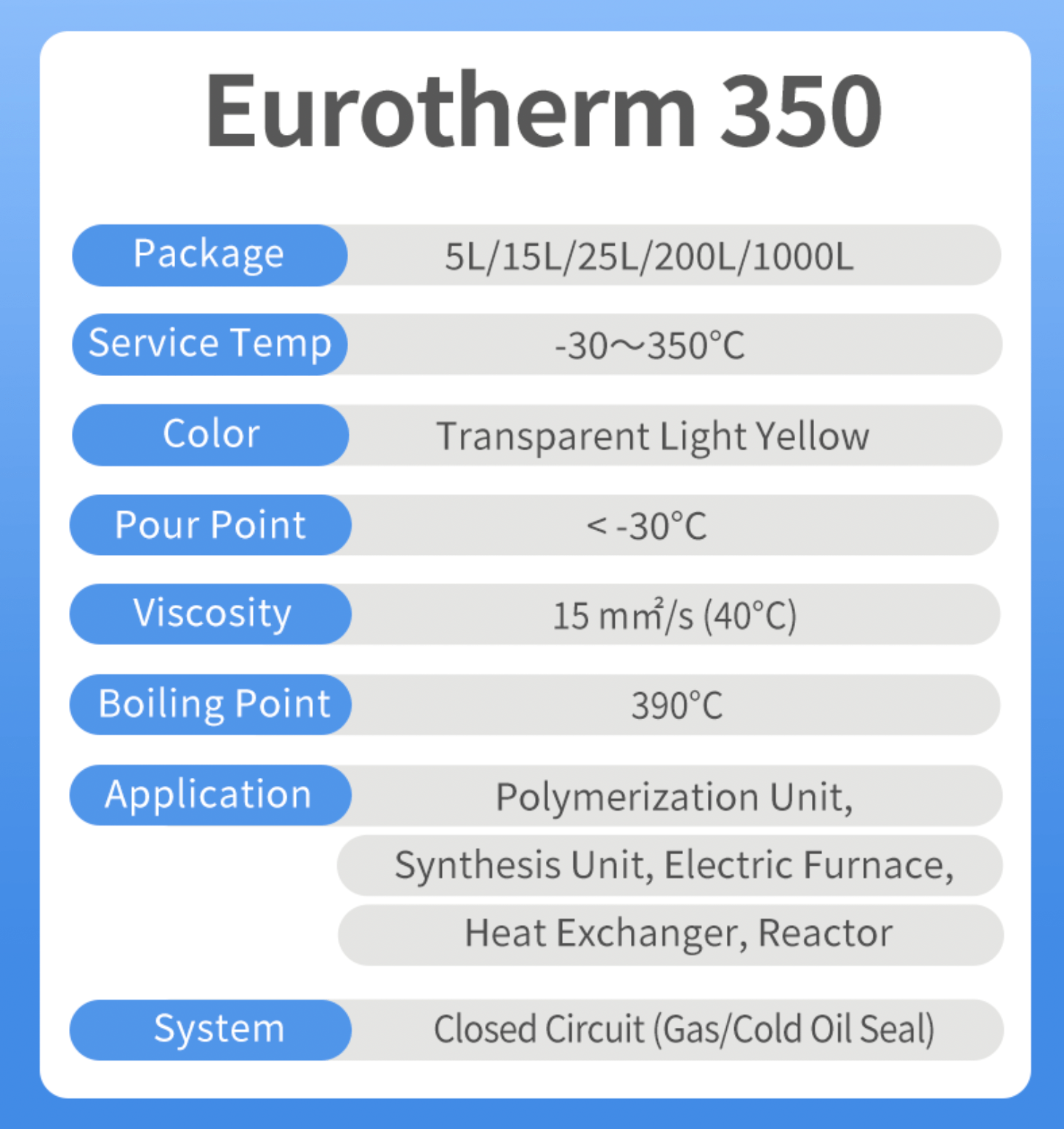How Warmth Transfer Fluid Adds To Lasting and Economical Operations
In the modern-day commercial landscape, the role of warm transfer liquids (HTFs) in promoting sustainable and inexpensive operations can not be overstated. These liquids are critical in maximizing thermal administration systems, thereby dramatically improving energy effectiveness and decreasing functional expenses. The environmental advantages of advanced HTFs, with their high thermal security and reduced toxicity, are obvious. They not only expand system longevity yet also add to the reduction of dangerous emissions. The true capacity of HTFs is understood with the thorough selection procedure, ensuring compatibility and safety and security. Yet what factors should lead this important choice?
Recognizing Warm Transfer Liquids
In the world of thermal management, heat transfer fluids (HTFs) work as crucial representatives for moving thermal energy from one place to one more. These fluids play a crucial function in numerous industrial applications, including chemical handling, power generation, and a/c systems. HTFs are especially crafted to operate within a vast array of temperatures, efficiently facilitating the transfer of warmth while keeping a steady thermal profile. Their ability to operate under severe conditions-- whether heats or cryogenic degrees-- makes them indispensable in settings requiring accurate thermal control.
The structure of heat transfer liquids can vary considerably, consisting of choices such as mineral oils, synthetic oils, glycols, and molten salts. Each kind provides distinctive benefits, such as enhanced thermal security, low thickness, and high boiling points, which are picked based on details operational needs. The choice of HTF effects not only the effectiveness of warmth transfer however additionally the durability and safety and security of the system in which it is utilized.
As industries remain to introduce, the advancement of advanced HTFs, defined by their improved thermal conductivity and minimized environmental influence, is essential for satisfying the needs of contemporary thermal management challenges.

Enhancing Power Performance

Improving energy effectiveness has become a critical concern throughout various sectors, triggering a more detailed assessment of warmth transfer liquids' duty in maximizing thermal monitoring systems. These liquids are indispensable to keeping the preferred temperature level in processes, thus lessening energy waste and enhancing overall system performance. By picking an ideal warmth transfer fluid, industries can considerably improve their power efficiency, causing minimized energy consumption.

Advanced formulations of heat transfer liquids have actually been created to hold up against severe temperature levels while maintaining stability and effectiveness. These innovations extend the functional lifespan of the liquid, lowering the frequency of replacements and energy-intensive maintenance tasks. The usage of artificial or bio-based liquids supplies extra benefits in terms of minimized environmental impact, aligning with worldwide sustainability objectives. Improving power efficiency via ideal warmth transfer fluid option is not only a technological necessity yet likewise an ecological critical.
Decreasing Functional Costs
Operational expenses are a significant consideration for markets looking for to maintain competitive advantage, and the option of warm transfer liquid plays an essential function in price management. Picking an ideal heat transfer fluid can bring about substantial expense financial savings by boosting system efficiency and lowering energy consumption. High-performance liquids reduce thermal destruction, which in turn minimizes the regularity of liquid substitute and downtime associated with maintenance, therefore decreasing functional expenditures.
Moreover, heat transfer fluids with exceptional thermal security and corrosion resistance prolong look at this site the lifespan of tools. This lowers the need for regular repair services and replacements, which can be expensive and disruptive to procedures. By buying top quality fluids, sectors can attain long-lasting reductions in upkeep costs and improve the dependability of their systems.
Additionally, progressed warmth transfer liquids often exhibit lower viscosity at running temperatures, which boosts pump efficiency and lowers power usage in fluid circulation. This optimization of power consumption straight translates right into reduced operational costs. In addition, many modern-day warmth transfer fluids are crafted to operate effectively over a vast article temperature range, reducing the need for numerous fluid types, therefore streamlining inventory demands and minimizing connected prices. These elements collectively contribute to more lasting and cost-efficient operations.
Environmental Effect Decrease
The press towards decreasing ecological effect has actually gained momentum in sectors leveraging warmth transfer liquids. Warmth transfer liquids (HTFs) play a critical duty in this shift, using possibilities to improve power performance and minimize emissions - heat transfer fluid.
Additionally, the usage of innovative warm transfer liquids contributes to enhanced system performance, minimizing the general power intake. This reduction not only causes cost financial savings however additionally decreases carbon dioxide exhausts, aiding in the battle against environment adjustment. Liquids that are naturally degradable and recyclable further improve sustainability initiatives, as they decrease waste and promote circular economy methods.
Additionally, incorporating HTFs right into closed-loop systems protects against fluid loss and contamination go to website of the surrounding setting. This strategy ensures that liquids are recycled, minimizing the need for new resources and limiting waste generation. By welcoming these eco conscious techniques, industries can considerably reduce their environmental influence while maintaining high functional effectiveness, straightening with global sustainability goals and regulatory needs.
Picking the Right HTF
Choosing the appropriate heat transfer fluid (HTF) is an important action in advancing ecological sustainability within industrial procedures. The option of HTF directly influences system efficiency, power consumption, and environmental influence. A perfect HTF needs to have a high thermal ability, low thickness, and high thermal conductivity to make sure effective heat transfer. In addition, its security over a broad temperature level variety is critical to stop destruction, which can lead to boosted discharges and waste.
When picking an HTF, it is important to consider its compatibility with system products to avoid rust and chain reaction. This makes certain durability and lowers upkeep costs. Moreover, the liquid should be safe and eco-friendly, lessening its eco-friendly footprint and guaranteeing conformity with ecological laws. The lifecycle cost of the HTF, encompassing acquisition, procedure, and disposal, need to additionally be examined to make sure financial expediency.
Verdict
